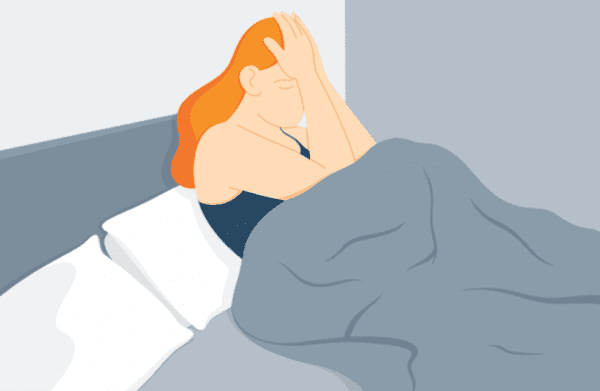Holiday Stress – Mondays With your MD
Prioritize your mental health this holiday season
‘Tis the season of giving!
Make sure you fill your own cup first…there is nothing to give from an empty cup.
Don’t let stress and negative thinking ruin your holidays and hurt your health.
With some practical tips, you can minimize the stress that accompanies the holidays. Heck…you may even end up enjoying the holidays more than you thought you would!

5 Tips to “enjoy more and stress less” this holiday season:
1. LOWER YOUR EXPECTATIONS
… for yourself and others! The holidays do not have to be perfect… or even just like last year. Families change and grow and so do traditions and rituals. Remember feelings are not facts and they do not last forever. Try to focus on what really matters most to you this holiday season. Acknowledge your feelings and give yourself the space and time to process them and then, when you’re ready, choose to move on.
2. KEEP YOUR ROUTINE AND HEALTHY HABITS
Don’t let the holidays become a free-for-all. Overindulgence only adds to stress.
- Get sleep
- Eat healthy meals
- Avoid excessive alcohol
- Include regular physical activity
- Use deep-breathing exercises, meditation or yoga.
3. PRACTICE MORE SELF-CARE
Make time for yourself and take a break. Reserve spending time just for you, without distractions. Engage in hobbies that bring you joy: take a walk, enjoy music, listen to an audiobook, get a massage, let your artistic side play. This simple tip may refresh you enough to handle everything you need to do.
“You should sit in meditation for 20 minutes a day, unless you’re too busy: then you should sit for an hour” –old Zen proverb
4. SAYING “NO”
Saying yes when you should say no can leave you feeling resentful and overwhelmed. Friends, family, and colleagues will understand if you can’t participate in every activity or if you are unable to host them beyond your limits. Remember that “No” is a complete sentence. If you have an obligation that is taking more time than planned, try to remove something else from your agenda to make up for the lost time.
5. ASK FOR HELP
Reaching out for help during the holidays is one of the best things you can do. Speak with a person you trust…a friend, family member or your therapist, about your current feelings. You will discover that feeling down or stressed during the holiday season is very common. Give yourself the time you need to use tools to overcome those negative thoughts. Seek professional help if you need it. Despite your best efforts, if you find yourself feeling persistently sad or anxious, plagued by physical complaints, unable to sleep, irritable and hopeless, and unable to face routine chores… talk to your doctor or mental health professional. You are never alone.





